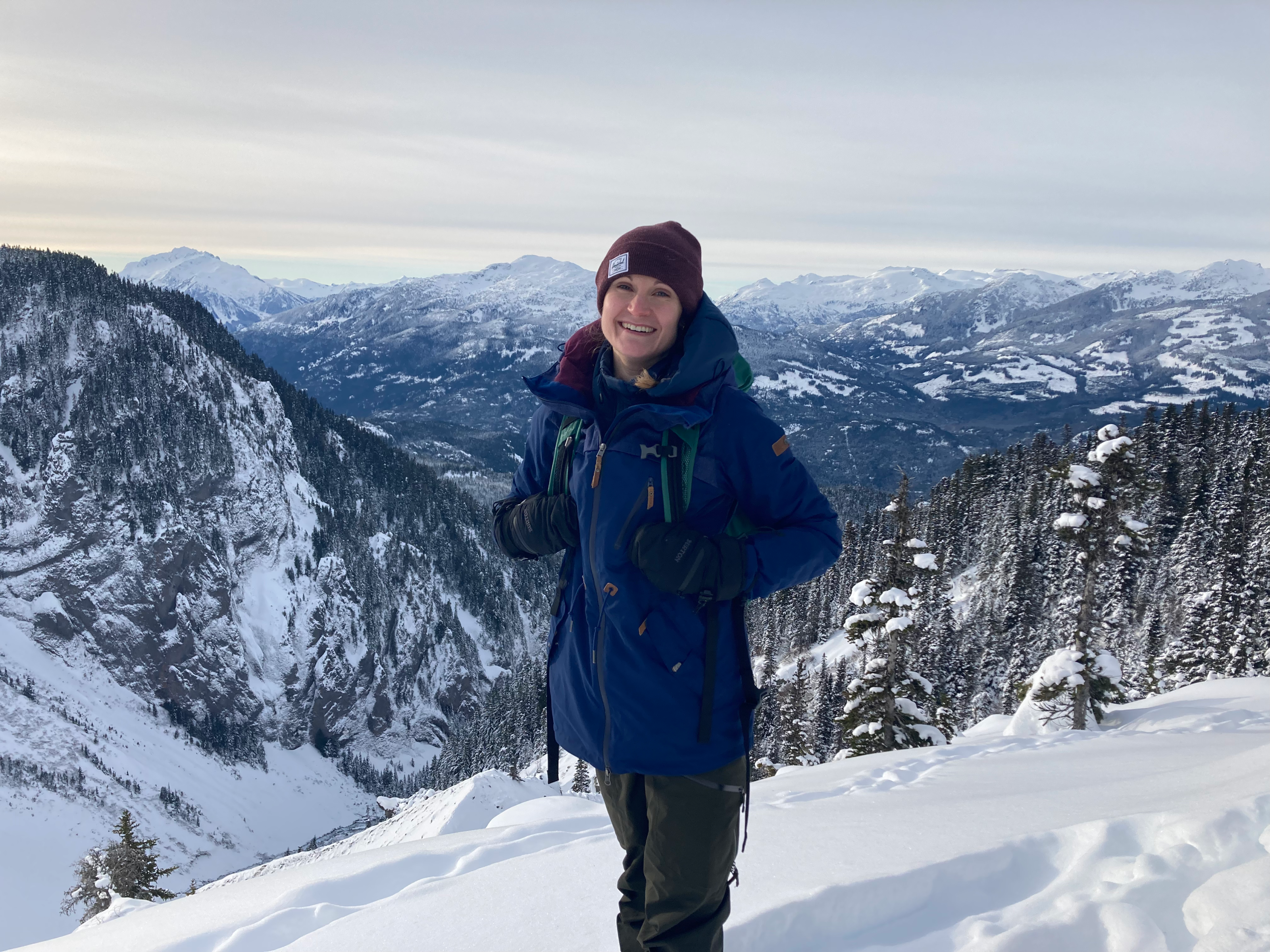Alysha Deslippe
Effective research should be applicable and relevant to the community. Public scholarship brings this to the forefront by using community knowledge to help guide the research process. It helps ensure that the tools I co-develop are relevant and sustainable for schools. It further supports breaking down gaps between research, the community and policy level uptake. This is a critical aspect of being a public scholar.
Research description
Social pressures (i.e., norms) on body shape or food literacy skills differ between boys and girls. Teens' desire to fit in can lead to them making food choices based on such norms, instead of health. My work aims to clarify the pathways underlying how gender norms impact teens' food choices. I have a special focus on teen athletes as this group experiences extra pressures from sport performance that can negatively impact eating. To carry out this work I collaborate with local secondary schools using mixed-methods approaches. This includes listening to how students feel gender norms impacts what they eat. It also includes creating resources with schools that supports students’ ability to make informed food choices. These findings will help shape future changes in school food policy.
What does being a Public Scholar mean?
To me, effective research should be applicable and relevant to the community. Public scholarship brings this to the forefront by using community knowledge to help guide the research process. In my own projects this has great advantages. It helps ensure that the tools I co-develop are relevant and sustainable for schools. It further supports breaking down gaps between research, the community and policy level uptake. This is a critical aspect of being a public scholar.
In what ways do you think the PhD experience can be re-imagined with this Initiative?
The PSI program allows me to bring policy engagement into my dissertation project. Getting researcher findings into policy changes is very difficult and takes many years. This can act as a barrier for community collaboration as it can make it hard to see 'results' quickly. With the support of the PSI, I am using strategies in my dissertation now that can help reduce the time it takes to see policy change. This supports more effective research and community collaborations.
How do you envision connecting your PhD work with broader career possibilities?
My most ambitious career goal is to see the dismantlement of eating for gender norms among youth. This is a goal that will take many years to achieve. It also requires a shift in how Canadian society thinks and talks about food. The research of my PhD is setting the stage for my continued work in this realm. After graduating I will continue to refine an inclusive food resource for secondary schools by exploring other student groups beyond those involved in sports.
How does your research engage with the larger community and social partners?
I collaborate with local secondary schools in the greater Vancouver area in a couple different ways. First, I work with students to understand how they feel social pressures like gender norms impacts their food choices. Second, collaborate with two different groups (one teen and one adult) to create an inclusive food literacy tool. This tool will help students who play school sports make more informed food choices. Finally, I interact with key stakeholders from the peripheral school context to uncover strategies to support policy level uptake of such a tool.
Why did you decide to pursue a graduate degree?
I decided to pursue a graduate degree for two reasons. First, I am naturally very curious and have a hard time repeatedly doing the same type of work. Second, everyone eats and food is a proactive way to support health and well-being among a variety of groups. In this environment, I am continually challenged to think critically and learn new things. This means that I very rarely do the same type of work each day. Teens’ health and well-being, especially among athletes, is particularly important to me as a secondary school coach. My graduate degree has allowed me to work towards supporting this group by understanding the role of gender in food choices. My experiences so far have expanded my own lens of how I view food – giving me new ideas to explore!
Why did you choose to come to British Columbia and study at UBC?
My initial decision to study at UBC started back in my undergraduate. I chose UBC largely for its access to numerous outdoor activities year-round. I am an avid runner, hiker, skier and beach volleyball player. Being in Vancouver means I can pursue these activities while studying. My decision to remain at UBC for my PhD was greatly influenced by the outstanding research opportunities available in my field and support UBC could offer. This includes researching under Dr. Tamara Cohen, an expert in eating behaviours, and opportunities like the PSI. The support I have received from Dr. Cohen and UBC have developed my skills as a researcher and given me room to be creative with my research.







